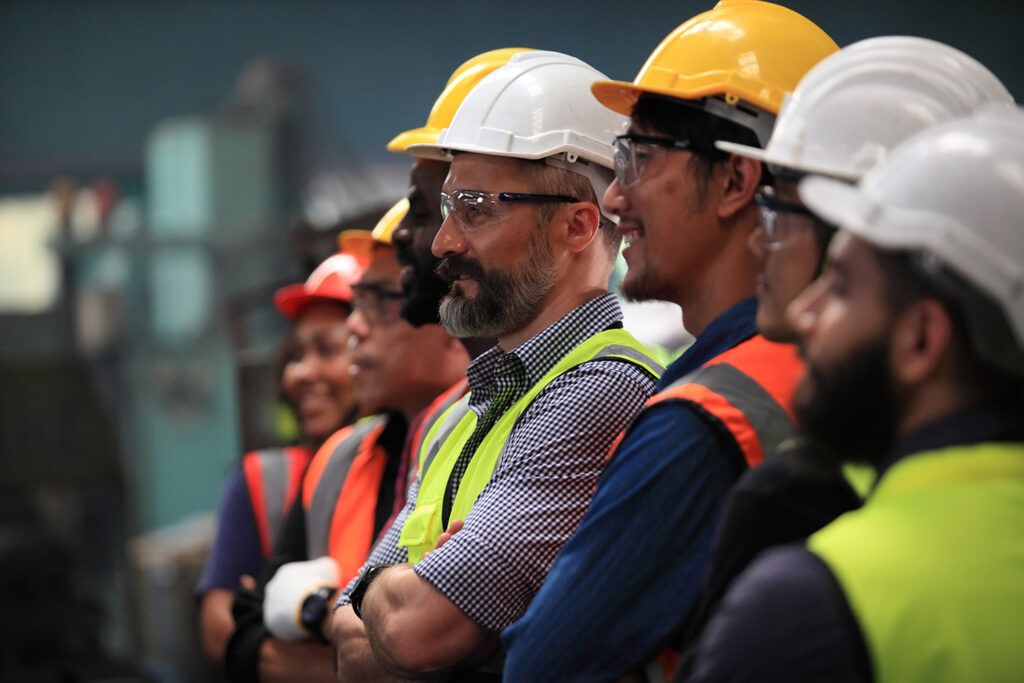Exposure to workplace noise increases the risk of hearing loss in older adults.

Workplace noise exposure is associated with a greater risk of incident hearing loss, an Australian study finds.
In the study, prior occupational noise exposure was associated with 2-fold increased odds of moderate-to-severe hearing loss among the participants in the study. Exposure to workplace noise for 10 years or more increased the odds of having any kind of hearing loss by a ratio of 2.4 and an increased risk ratio of 6.8 for moderate-to-severe hearing loss.
Sensorineural hearing loss
Exposure to noise can cause a noise-induced hearing loss. Many seniors experience an age-related hearing loss when they get older. Seniors who have been exposed to workplace noise may experience both an age-related hearing loss and loss of hearing due to exposure to noise. The combination often worsens the hearing loss. Both a noise-induced hearing loss and an age-related hearing loss are a so-called sensorineural hearing loss, which is caused by damage to the hair cells in the inner ear.
About the study
The study consisted of 1,923 participants aged 50+ with both audiological and occupational noise exposure data included for the analysis. A pure-tone average of frequencies 0.5, 1.0, 2.0 and 4.0 kHz of 25 dB or more in the better ear defined the presence of hearing loss. The participants reported exposure to workplace noise and the severity and duration of this exposure.
The study used data from The Blue Mountains Hearing Study (BMHS) which is a population-based survey of age-related hearing loss conducted during 1997–2007 in Australia.
The study, “Workplace noise exposure and the prevalence and 10-year incidence of age-related hearing loss”, was published in the journal PLOS ONE.
Sources: https://pubmed.ncbi.nlm.nih.gov/ and the journal PLOS ONE

